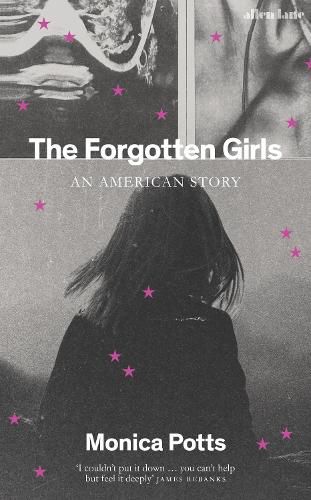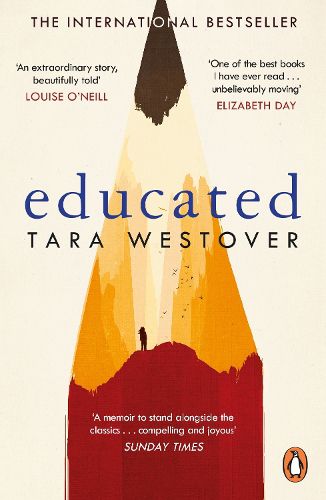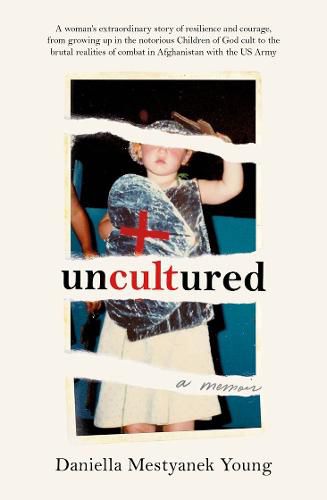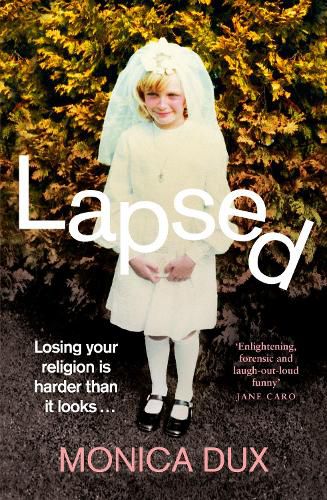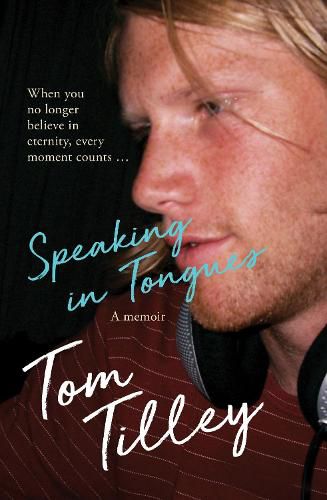These coming-of-age memoirs explore intergenerational trauma, cycles of poverty, deconstructions of faith, and overwhelmingly, what it's like to grow up in an isolated environment that you feel 'other' to yet struggle to break free from. Engaging at the intersection of cultural studies and personal narrative, you won't forget these stories of survival and reinvention.
The Forgotten Girls by Monica Potts
Growing up gifted and working-class in the foothills of the Ozarks, Monica and Darci became fast friends. The girls bonded over a shared love of learning as they navigated the challenges of their declining town and tumultuous family lives – broken marriages, shuttered stores and factories. They pored over the giant map in their classroom, tracing their fingers over the world that awaited them, vowing to escape. In the end, Monica left Clinton for university and fulfilled her dreams. Darci, along with many in their circle of friends, did not.
Years later, working as a journalist covering poverty, Monica discovered what she already intuitively knew about the women in Arkansas. Their life expectancy had steeply declined – the sharpest such fall in a century. She returned to Clinton to report the story, trying to understand the societal factors driving disturbing trends in the rural south.
Priestdaddy by Patricia Lockwood
The childhood of Patricia Lockwood was unusual in many respects. There was the location: an impoverished, nuclear waste-riddled area of the American Midwest. There was her mother, a woman who speaks almost entirely in strange riddles and warnings of impending danger. Above all, there was her gun-toting, guitar-riffing, frequently semi-naked father, who underwent a religious conversion on a submarine and found a loophole which saw him approved for the Catholic priesthood by the future Pope Benedict XVI, despite already having a wife and children.
When an unexpected crisis forces Lockwood and her husband to move back into her parents’ rectory, she must learn to live again with the family’s simmering madness, and to reckon with the dark side of her religious upbringing.
Educated by Tara Westover
Tara Westover grew up preparing for the End of Days, watching for the sun to darken, for the moon to drip as if with blood. She spent her summers bottling peaches and her winters rotating emergency supplies, hoping that when the World of Men failed, her family would continue on, unaffected. She hadn’t been registered for a birth certificate. She had no school records because she’d never set foot in a classroom, and no medical records because her father didn’t believe in doctors or hospitals.
As she grew older, her father became more radical, and her brother, more violent. At sixteen Tara decided to educate herself. Her struggle for knowledge would take her far from her Idaho mountains, over oceans and across continents, to Harvard and to Cambridge. Only then would she wonder if she’d travelled too far. If there was still a way home.
Uncultured by Daniella Mestyanek Young
Uncultured first takes us behind the tall gates of a commune in Brazil, where Daniella Mestyanek Young was raised in the religious cult The Children of God, also known as The Family. From a young age, Daniella suffered from physical, emotional, and sexual abuse-masked as religious discipline and divine love-and was forbidden from getting a traditional education.
At fifteen years old, fed up with The Family and determined to build a better and freer life for herself, Daniella escaped to Texas. There, she bravely enrolled herself in high school and excelled, later graduating as valedictorian of her college class, then electing to join the military to begin a career as a military intelligence officer. She soon discovers, however, that her new world looks remarkably similar to the one she desperately tried to leave behind.
Lapsed by Monica Dux
From devout ten-year-old performing the part of Jesus in a primary school play to blaspheming, undergraduate atheist, Monica Dux and her attitude to the Catholic Church changed profoundly over a decade. Ten years on she’d calmed right down and was just ‘lapsed’. Then, on a family trip to Rome, her young daughter expressed a desire to be baptised. Monica found herself re-examining her own childhood and how Catholicism had shaped her. Was it really out of her system or was it in her blood for life?
In Lapsed, Monica sets out to find the answer. She ponders the big questions, such as would Jesus really make a great dinner party guest? And, far more seriously, given what she now knows about clerical abuse and its extent, is it enough to turn her back on the Church, or did she have a deeper, more enduring obligation?
Speaking in Tongues by Tom Tilley
From the outside, Tom Tilley’s childhood seemed ordinary. The first son of a pastor, he grew up in a beautiful country town where life revolved around football, his loving family and their Pentecostal faith. But behind church doors, a strictly enforced set of rules included a looming ultimatum: if Tom didn’t speak in tongues, he’d go to hell and be outcast from his close-knit, devout community.
The older Tom became, the more he questioned the teachings of the church, especially around speaking in tongues. And the more he heard about his parents’ adventurous lives before they found God, the more he wanted the freedom to make those ‘mistakes’ that the church forbade. Eventually, after years of suppressing his doubts in silence, Tom spoke up. Having the courage to do so came at a huge personal cost, leading to a decision that would take his family to breaking point.


